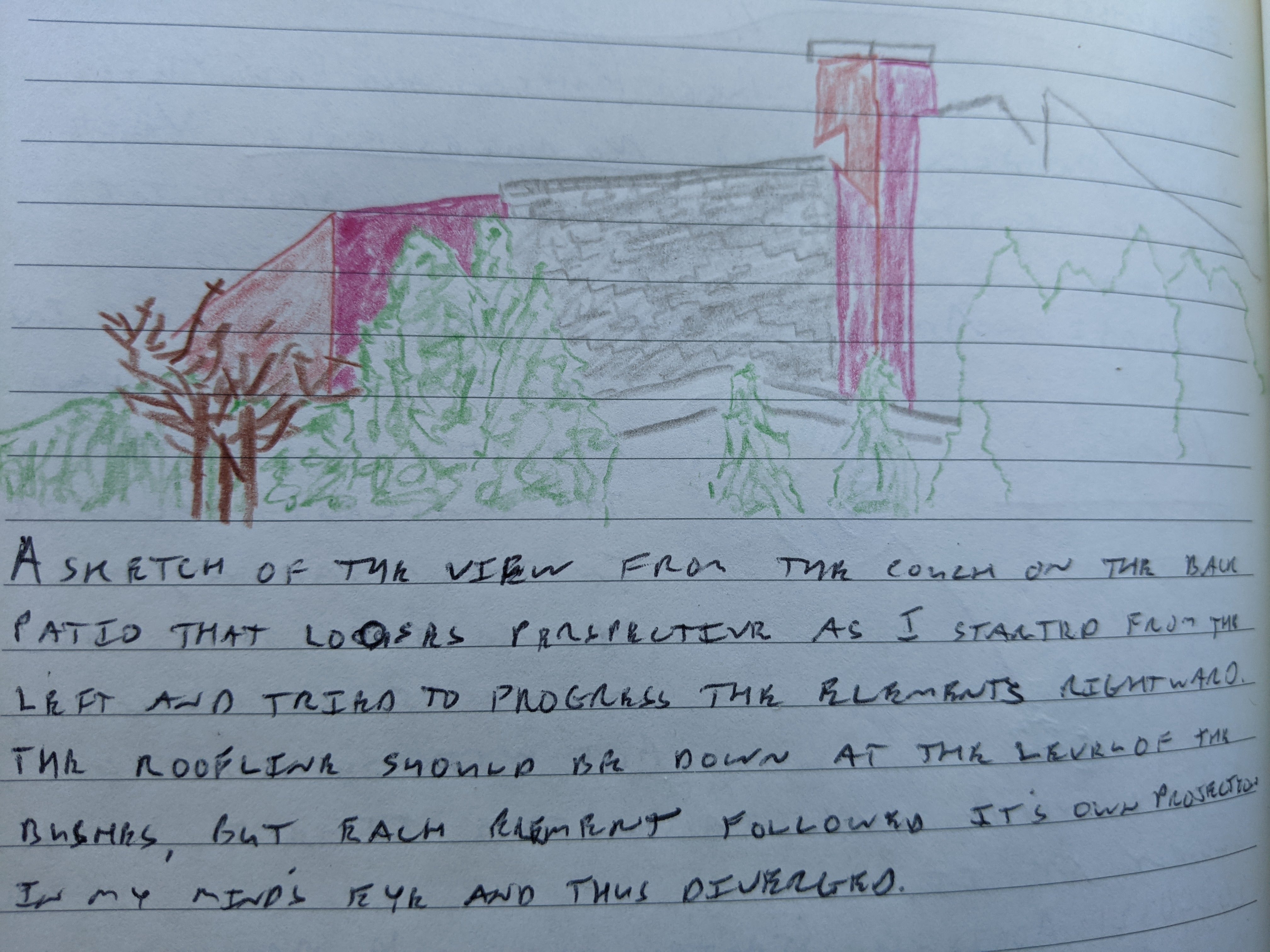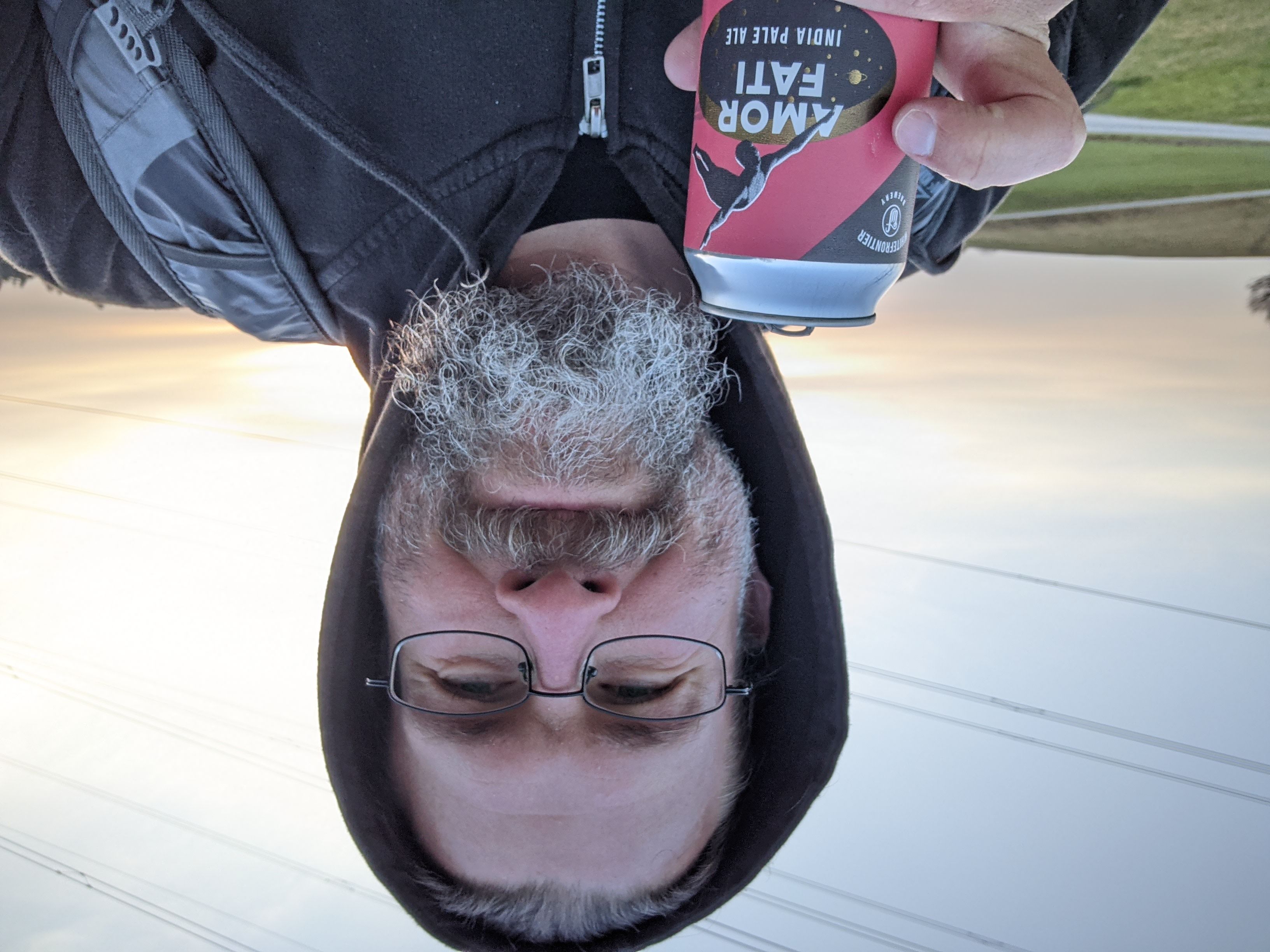Amor Fati
Last Blog | Index | Next Blog
Fifty Books | Project Ninety | Project Twenty-Five
23 March 2022
"Every one of us has a view, an idea, about what will make us happy. And, because of that idea of happiness, we may have sacrificed our time and destroyed our body and mind running after those things. But, once we realize that we already have more than enough conditions to be happy, we can be happy right here and now." - Thich Nhat Hanh
I have found over the years that journaling - recording the events of the day and reflecting on them - is a spectacular way to gain balance in a chaotic world. Reading in the great philosophical traditions of the world, Stoicism, Buddhism, Christianity, etc., is also useful for perspective and enjoying the present. This passage I read this morning really struck me because I have spent so much of my life chasing happiness that I have often forgotten to stop and smell the roses. Life is really a beautiful thing we all get to enjoy. Hanh is a Vietnamese Buddhist, but the wisdom here is found in many traditions. In Latin it is amor fati, or love fate.
As part of slowing down bring myself into the present I have lately been drawing more: flower I see, a mountain in the distance, or this morning the view behind my backyard. It requires me to concentrate on the world around me and focus on the details of something to try and capture that with my colored pencils. It is impossible not to appreciate the beauty on the things around me when I am drawing them.

I recently saw the principle of amor fati aptly demonstrated by Paul Scofield's portrayal of Thomas More in A Man For All Seasons. Thomas More is best known for writing a the early 16th century societal critique, Utopia, meaning literally nowhere but because of his work it has been taken into popular culture as the name for a perfect place that is unreal or unachievable. In the film, and on the stage before it, we meet more after he is famous but before he enters the administration of English king Henry VIII. This particular king had also not yet broken from the Catholic church and had not yet gained a reputation for beheading people. Henry wanted a son and his wife had only given him a daughter, Mary. To divorce her he needed permission from the Pope and to this end he courted More, who was an apologist for the Catholic church in the face of the reformation coming out of the German world from Luther, Zwingli, and others. For his efforts the English monarch was awarded the title "Defender of the Faith", which English monarchs still use, but not the divorce he so desperately wanted. When Henry broke with the church to grant himself a divorce More refused to support him politically and take the oath of supremacy. Scofield portrays the obstinant More through imprisonment, trial and execution with happiness and acceptance. He is kind to his jailor and forgives his executioner, at the end declaring "I die the King's good servant, and God's first."
More was happy even with a fate that most would consider terrible. Indeed, if despair had befallen him the decision to stay the course in refusing the oath would have been much more difficult. If was not able to accept his fate and remain happy with it then the temptation to give in might have broke him. He was able to blunt the sword Henry tried to wield against him - yes Henry could physically harm More, but he could not harm More's resolve which was Henry's real purpose. We do not all find ourselves in situations of threatened physical harm, but we have all had to endure the harm of people in our lives who wished to break our resolve.
I have written on many occasions how running is my zen and forces me to be in the present. Many people listen to music or audio books while they run to multitask, but I find that I am distracted, unable to give my full attention to the running or the listening. Ergo when I run that is what I try to focus on, but I am often overcome by the beauty of the world I get to live in. Imagine I lived on the moon and was confined to running on a treadmill rather than being able to go running through the forests and fields and mountains and coastlines of Earth. It doesn't matter what else is happening in my life, while I am running I can embrace amor fati about the good fortune and the bad fortune and then that understanding spills over into all the rest of my day. For in the end there is no good fortune, there is no bad fortune, there is only fortune so I might as well love her.

